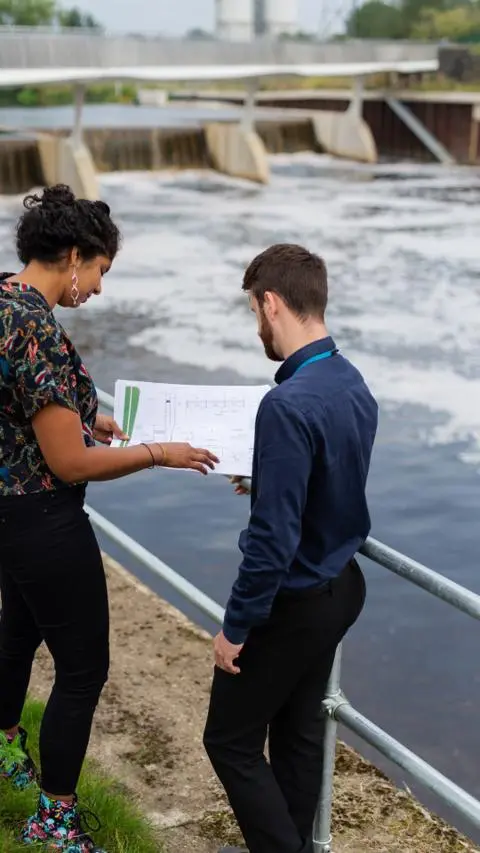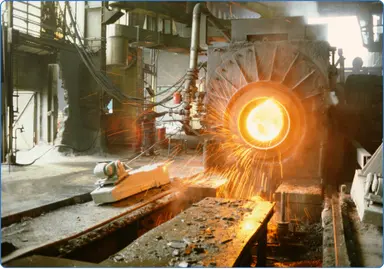Wastewater Treatment and Recycling
Wastewater treatment and recycling are vital components of modern water management strategies, addressing both environmental preservation and operational efficiency. As freshwater resources face increasing pressure from population growth, industrialization, and climate change, the need to treat and reuse wastewater has become more critical than ever. This process ensures that water contaminated with pollutants, chemicals, or biological hazards is effectively treated to meet environmental standards or repurposed for beneficial uses. By closing the water cycle loop, wastewater recycling reduces dependency on freshwater sources and helps combat water scarcity.
The significance of wastewater treatment goes beyond resource conservation. Properly managed systems protect ecosystems from harmful contaminants, mitigate risks to public health, and support sustainable economic development. Advanced treatment technologies and innovative practices are empowering municipalities, industries, and agricultural sectors to reclaim and reuse water efficiently. Whether it's for industrial cooling, irrigation, or even potable reuse, wastewater recycling plays a pivotal role in building a sustainable and resilient future for water resource management.
Related Products for Wastewater Treatment and Recycling

MBBR Systems
MBBR (Moving Bed Biofilm Reactor) systems are an advanced wastewater treatment technology designed to efficiently handle municipal and industrial wastewater.

Ultrafiltration
Removes suspended solids and colloids as a pretreatment step, enhancing downstream performance.

Biological Wastewater Treatment
Biological treatment process for breaking down organic matter.

Chemical Wastewater Treatment
Chemical wastewater treatment plays a vital role in managing industrial and municipal wastewater by removing harmful contaminants and ensuring environmental safety.
Systems and Technologies Used in Wastewater Treatment and Recycling
- Reverse Osmosis (RO): Advanced membrane filtration system for removing dissolved solids and impurities.
- Ultrafiltration (UF): A membrane-based technology for removing suspended particles and microorganisms.
- Activated Sludge Systems: Biological treatment process for breaking down organic matter.
- Clarifiers: Gravity-based systems for separating solids from liquids.
- Aeration Systems: Oxygen transfer systems to support biological processes.
- Chemical Dosing Systems: Precise chemical addition to control pH, remove contaminants, or support coagulation and flocculation.
- Sludge Dewatering Equipment: Technologies like centrifuges and belt filter presses for reducing sludge volume.
- Disinfection Units: Systems like UV sterilization, ozonation, and chlorination to eliminate pathogens.
Advantages of Wastewater Recycling
- Water Conservation: Reduces reliance on freshwater sources by reusing treated wastewater.
- Cost Efficiency: Lowers water procurement and disposal costs, especially for industries.
- Environmental Protection: Prevents water pollution and supports ecosystems by reducing untreated effluent discharge.
- Regulatory Compliance: Meets stringent environmental standards and avoids penalties.
- Sustainability: Supports long-term water resource management and reduces the carbon footprint.
Technological Advancements in Wastewater Treatment
- Membrane Technologies: Reverse osmosis, ultrafiltration, and nanofiltration improve water purity and recycling potential.
- Biological Treatment Innovations: Advanced microbial strains and bioaugmentation enhance pollutant degradation.
- AI and IoT Integration: Smart monitoring systems optimize treatment processes and detect anomalies in real-time.
- Energy-Efficient Systems: Waste-to-energy technologies reduce operational costs and environmental impact.
Real-Life Applications
- A textile factory implemented wastewater recycling, cutting freshwater usage by 40% and lowering effluent discharge costs.
- A municipal wastewater treatment plant upgraded to advanced membrane systems, supplying recycled water for public landscaping and industrial use.
FAQs about Wastewater Treatment and Recycling
- What are the primary goals of wastewater treatment?
- To remove pollutants, protect water bodies, and enable water reuse.
- Can recycled wastewater be used for drinking?
- Yes, with advanced treatment such as reverse osmosis and disinfection, recycled water can meet potable standards.
- How does wastewater recycling benefit industries?
- It reduces freshwater dependency, lowers operational costs, and supports sustainable practices.
- What is the lifespan of a wastewater treatment system?
- With proper maintenance, most systems last 15-20 years.
- What factors affect the efficiency of wastewater treatment?
- Water quality, treatment technology, and system maintenance are key factors.